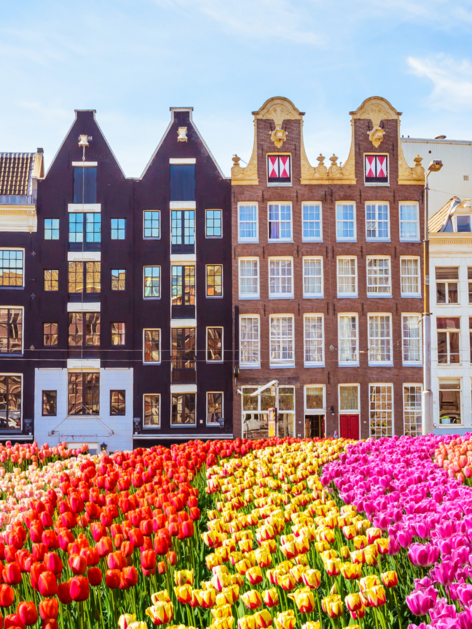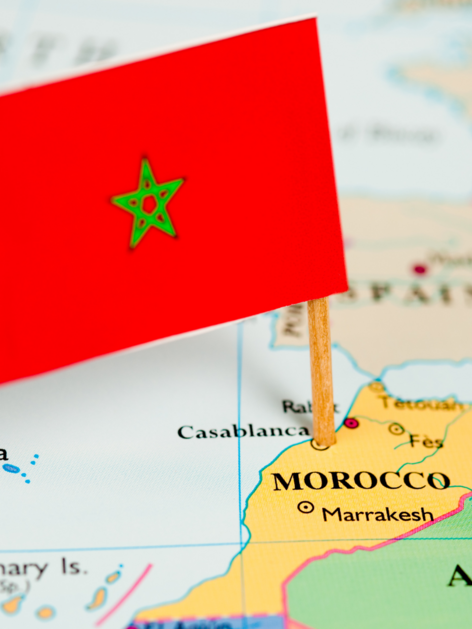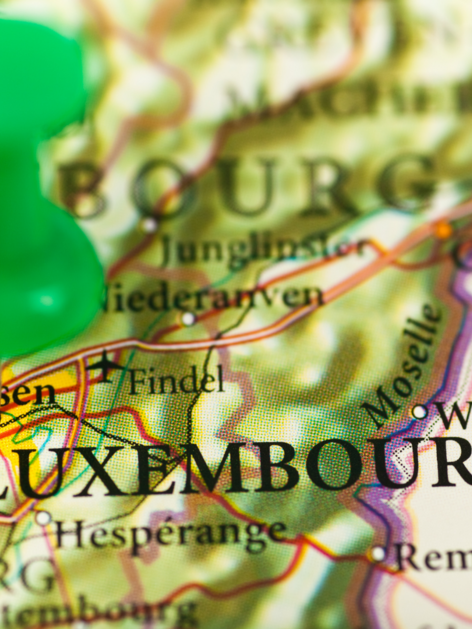What language is spoken in Brazil? Languages spoken and the official language

What Language is spoken in Brazil ?
What language is spoken in Brazil in daily life? The most used language in the country is Portuguese, used both every day by the population and in public administration, politics and education, as well as by the main media. The other languages present in Brazil are:
Languages in Brazil
Spanish
The Spanish language is spoken by about 4% of the Brazilian population, especially in border regions with Spanish-speaking countries, such as Argentina and Uruguay.
English
English is used especially in the tourism sector in Brazil, for the many foreign tourists who visit the country every year. Furthermore, this language is also widely used in the workplace, especially by international companies, and to communicate with customers from all over the world.
German
Among the Europeans present in the country, the Germans form one of the largest communities with about three million people. The Germans have now integrated into Brazilian culture and society, while also maintaining their own language
Italian
There are many Italians in Brazil, who arrived in the country for work in the final decades of the nineteenth century. The Italian community includes about 30 million people, mainly located in São Paulo and in some areas of Santa Catarina and Rio Grande do Sul.
Japanese
The Japanese language was brought by the Japanese in the early 1900s to work on coffee plantations. The Japanese community in Brazil is still today one of the largest outside Japan with almost two million people, and extends into the regions of Paraná and Mato Grosso do Sul, but also in São Paulo.
Indigenous languages
There are hundreds of indigenous languages in Brazil, such as Guarani (in the Mato Grosso do Sul region) and Ticuna (in the Amazonas), which represent 0.4% of the population. Other languages of this type are Kaingang, especially in the state of Paranà and in some areas of Santa Catarina, Rio Grande do Sul, and San Paulo, and the Yanomami language spoken mainly in the Amazon region.
African languages
Many African languages were brought to Brazil by African slaves during the colonial period. Among the most widely spoken languages from Africa are Yoruba (from Nigeria), the Bantu group of languages (such as Swahili and Kikongo), and Fon (from Benin). Together they represent about 0.5% of the population.
Official language of Brazil
The official language in Brazil is Portuguese, which is spoken by approximately 99% of the population. Brazilian Portuguese has a unique pronunciation, vocabulary, grammar and some expressions compared to the Portuguese spoken in Portugal. These differences are the result of many linguistic and cultural influences that have shaped the language over the centuries. Brazilian Portuguese has roots in 16th century colonial Portuguese, but has undergone many influences from other languages such as Italian, German, Japanese, and some African and indigenous languages.
The history of Brazil began with a multitude of indigenous tribes with different languages and traditions, characterized by their strong connection with nature. These are peoples who lived mainly from agriculture, fishing and hunting, who over the years had developed advanced techniques for the cultivation and processing of materials such as ceramics, stone and wood.
The Portuguese language arrived in Brazil together with the Portuguese, around 1500. Initially it spread among the missionaries and the colonial elites, but over time it also arrived among the local population. During this period, which lasted about three centuries, Portugal exploited the country's resources by harvesting timber, gold, and sugar through the labor of indigenous Brazilians and African slaves.
The Brazilian colonial period was therefore characterized by exploitation, slavery and social inequality, but also by a mixture of cultures and languages that has influenced Brazilian culture to this day. Brazil gained independence from Portugal in 1822 and Portuguese was elected the country's official language.
Online
Language courses
Learn foreign languages effectively and in the comfort of your own home with real teachers!
Get a 5% loyalty discount on your next language study trip!
Characteristics of Portuguese in Brazil
The Portuguese spoken in Brazil, known as Brazilian Portuguese, has some unique features compared to the Portuguese spoken in Portugal. First, the pronunciation of some letters is different, for example that of the letter "r" which is pronounced as an aspirated "h", while the letter "s" is pronounced as an "sh". Even the pronunciation of entire words is different from European Portuguese, such as the terms "caipira" and "bolo".
Secondly, Brazilian Portuguese has a diverse vocabulary which includes many words unique to Brazil, such as "cafuné" which means to stroke someone's hair with affection, and "saudade" which indicates a strong nostalgia for something or someone there is no more. Also, there are some words that are the same but have totally different meanings in Brazil.
Finally, Brazilian Portuguese has a different grammar than European Portuguese. For example, in Brazil "tu" is often used instead of "você" to indicate the second person singular (ie "you") in an informal way. Also, there are some grammatical constructions that are unique to Brazil, such as the use of the preposition "para" to indicate the destination, while in Portugal "a" or "para a" is mostly used.
Basic sentences in Portuguese
Feel like visiting Rio de Janeiro or taking a tour of the Amazon rainforest? You have already seen what language they speak in Brazil, so if you are planning a trip to this country we recommend that you take a look at the following useful expressions to greet the locals and ask for some basic information.
- Hello = Olá / Oi
- Good morning = Bom dia
- Good afternoon = Boa tarde
- Good evening = Boa noite
- Goodbye = Adeus
- See you soon = Até logo
- Thanks = Obrigado / Obrigada
- You're welcome / Don't say anything = De nada / E um prazer
- You speak Italian? = Você fala Italian?
- Do you speak English? = Você fala inglês?
- I don't understand = Eu não compreendo
- I'm Italian / I'm Italian = Eu sou Italian / Eu sou Italian
- Me chamo _ = My name is _
- What is your name? = What is your name?
- I would like to make a reservation, thank you = Eu precise fazer uma reserva, por favor
- How much does it cost? = How much do you have?
- Yes = Sim
- No = No
Study Portuguese and move
If you want to learn the language spoken in Brazil or any other foreign language, you can rely on Sprachcaffe. Within this site we show you various travel proposals that will help you improve or learn languages from scratch directly in the place where they are spoken. You will therefore be surrounded by native speakers every day, and in this way you will be able to copy their pronunciation and better understand the expressions and idioms that are used every day.
Use the online form to contact us and ask us for all the information you want, and then book your study holiday. Remember to customize the package you have chosen with the options accommodation that best suits your budget and your tastes, but also your lessons! You can choose between different levels of preparation, from basic to advanced, between private or group lessons, and between different weekly course configurations based on your availability.




